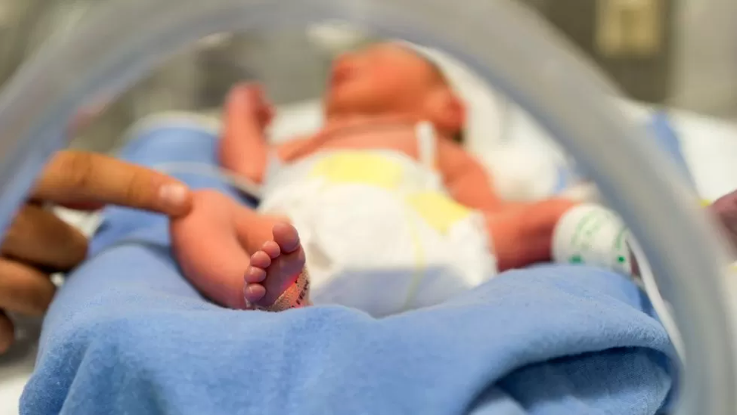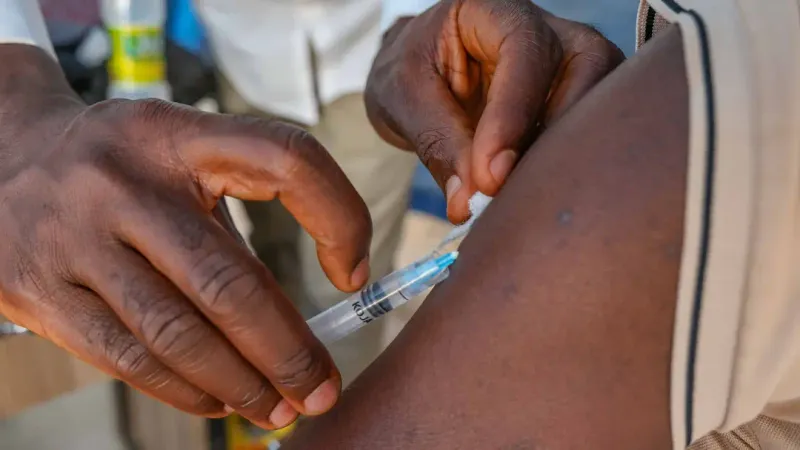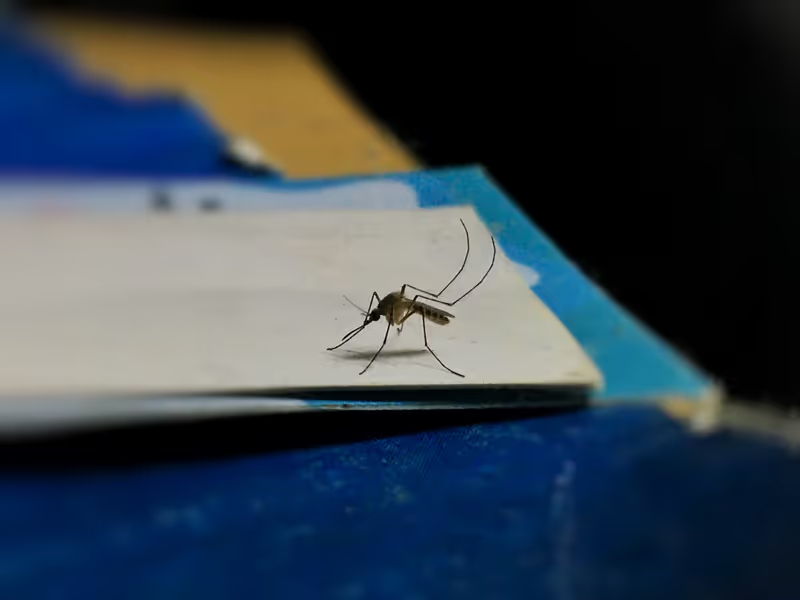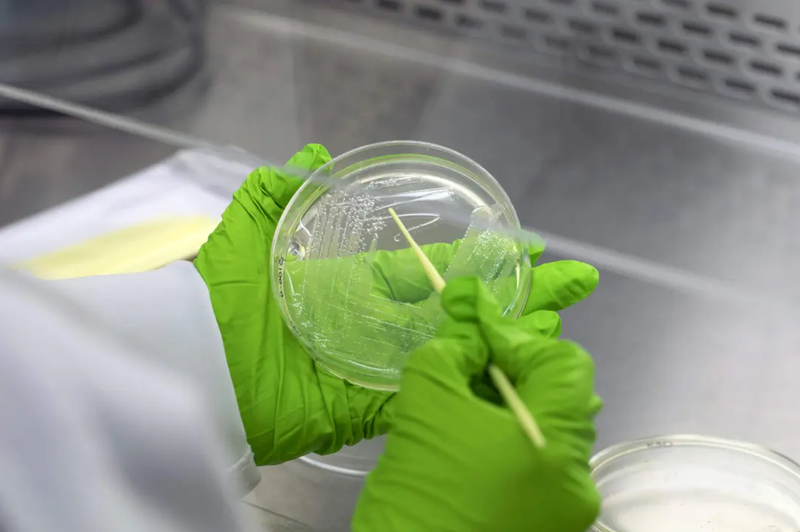UK: First Baby Born From Three People's DNA
The first baby with DNA from three people has been born in the UK through a special in vitro fertilization procedure known as mitochondrial donation treatment, the Human Fertilisation and Embryology Authority confirmed on Tuesday.

Facts
- The first baby with DNA from three people has been born in the UK through a special in vitro fertilization procedure known as mitochondrial donation treatment, the Human Fertilisation and Embryology Authority confirmed on Tuesday.1
- Though it didn't reveal identities due to confidentiality, the authority said the number of first "three-parent babies" is less than five in the UK as of April 20.2
- The procedure uses a small amount of DNA provided by a female donor to create healthy embryos free from mitochondrial mutations mothers carry.3
- The treatment, which takes around 0.1% of DNA from the donor, is expected to prevent children from being born with mitochondrial disorders, including muscular dystrophy.4
- Meanwhile, as the baby has a full set of chromosomes from both parents but carries the donor's healthy mitochondria instead of the mother's faulty ones, the second "mother" has no real genetic link nor legal rights to the child.5
- The world's first three-parent baby was born through MDT in 2016 in the US; however, the boy still carries traces of his mother's defective mitochondrial DNA.2
Sources: 1Guardian, 2The National, 3Independent, 4Daily Mail, and 5INews.Co.Uk.
Narratives
- Narrative A, as provided by Daily Mail. Since this technique allows a mother to prevent passing on defective genes in the mitochondria to her child, the breakthrough is good news for families who have lost multiple children to inherited mitochondrial diseases. While it needs to be monitored closely and carefully, the treatment is highly regulated and provided safely and ethically.
- Narrative B, as provided by MIT Technology Review. While this procedure is designed to prevent mitochondrial diseases, it isn't without risk. Besides the possibility of defective DNA replicating better than healthy DNA, changing the child's genetic composition will likely increase the risk of later health problems, such as cancer or diabetes. Also, it could dangerously open the door for "designer babies," where parents can pick and choose preferred genetic characteristics for their child.






